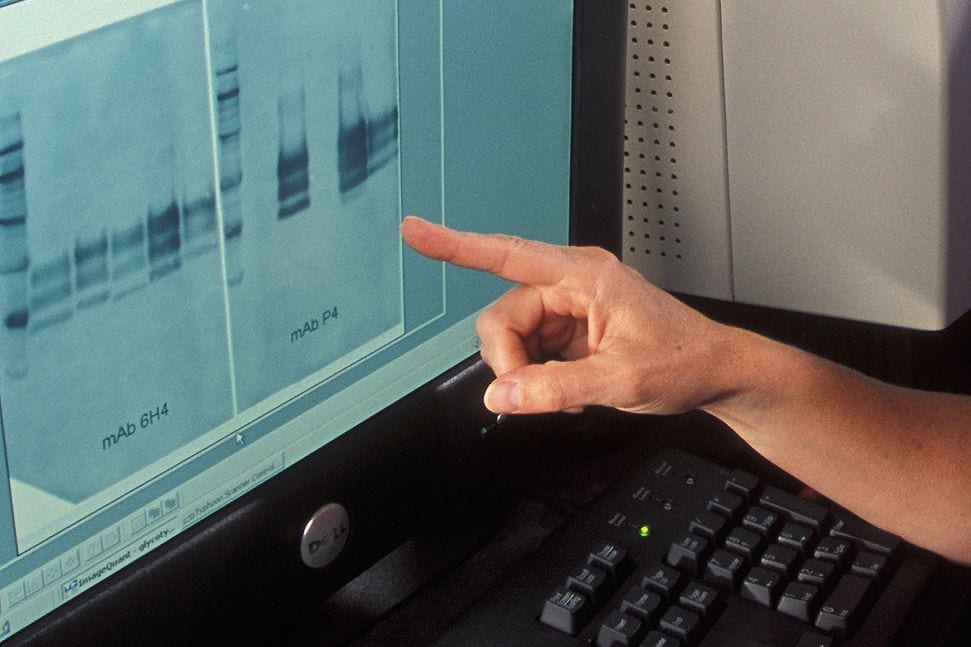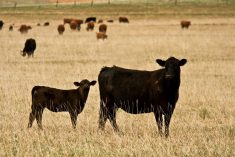Sao Paulo | Reuters — Brazil’s agriculture ministry said Wednesday it was investigating a suspected case of bovine spongiform encephalopathy (BSE) in the country, according to a statement.
An industry source told Reuters, on condition of anonymity, that the suspected case occurred in the southeastern state of Minas Gerais.
The ministry said such investigations are commonplace, and pledged to announce its findings as soon as the ongoing probe is concluded.
This is the first potential case since May 2019, when Brazil’s government reported the occurrence of an “atypical” BSE case in an animal in Mato Grosso state.
Read Also

Mexico agriculture secretary says still no date for restarting cattle exports to U.S.
Mexican Agriculture Minister Julio Berdegue said on Wednesday that Mexico and the United States have not yet set a date to resume Mexican cattle exports amid an outbreak of the flesh-eating screwworm parasite.
At that time, the ministry said BSE had been detected in a 17-year-old cow, adding that no parts of that animal had entered the food chain.
The source said evidence suggested the current case was also atypical, as it appeared to have been detected in an older cow like in 2019.
Brazil, along with certain other beef-producing and -exporting nations such as Canada, the U.S., Australia and Argentina, is currently considered by the World Animal Health Organization (OIE) to be a “negligible risk” country for BSE.
— Reporting for Reuters by Roberto Samora and Nayara Figueiredo; writing by Ana Mano. Includes files from Glacier FarmMedia Network staff.











